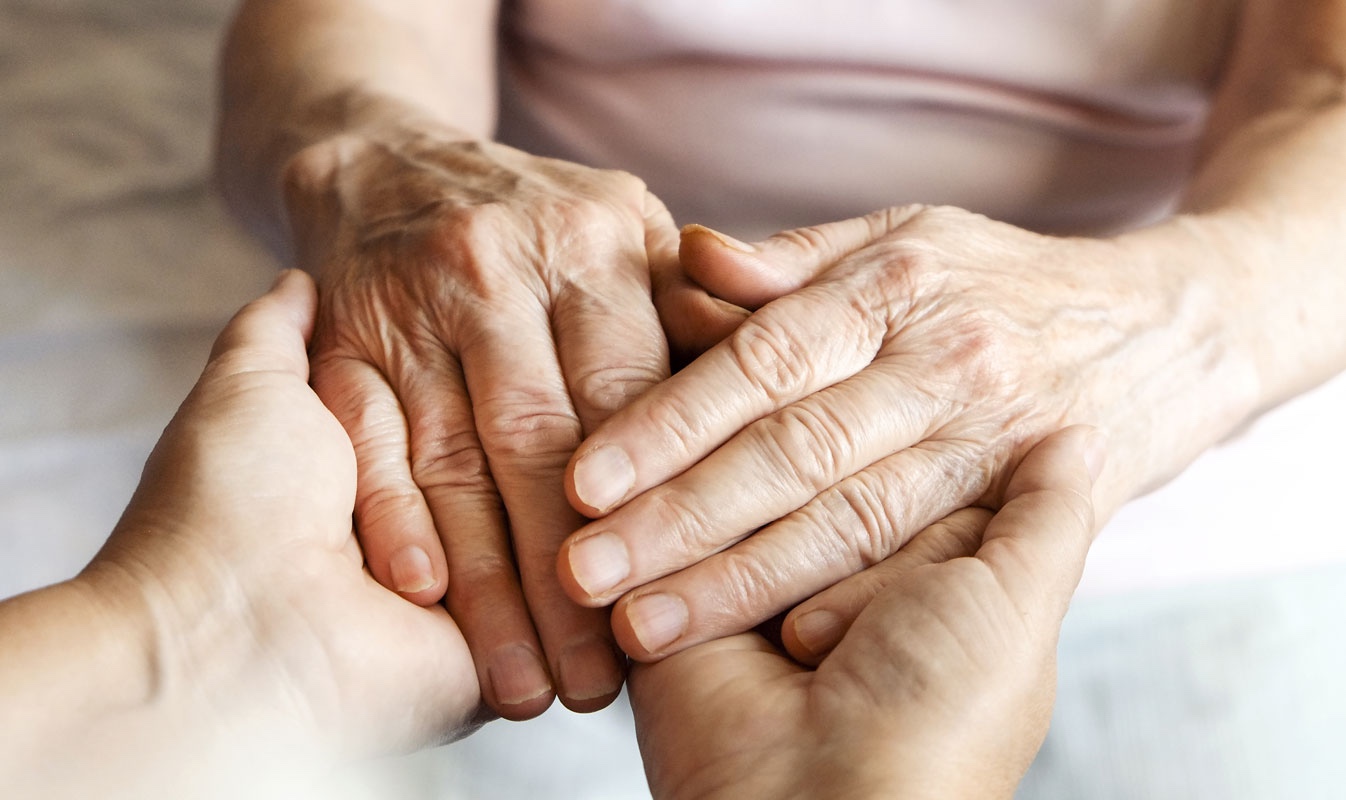A group of Barbadians who travelled to Panama, made a startling observation about that Central American country. There were young people, pregnant women and families with young children almost everywhere.
This situation was in stark contrast to what they see in Barbados where one is likely to run into a person who is 40 or 50-years or older at every turn.
In fact, Minister of People Empowerment and Elder Affairs Mr Kirk Humphrey disclosed earlier this year that Barbados was quickly becoming a “super-aged society”.
Following preliminary results from the last census conducted by the Barbados Statistical Department, two in every five Barbadians are over the age of 50.
He put it this way: “One in every five Barbadians will be over 65, and one in every four Barbadians over 60 years old. This is no longer an ageing society. This is an aged society and we’re very close to being a super-aged society. It means the things that we would have done or thought to do must now change.”
The relevant question which the Minister raise was how do we treat the ambitions of older people and how does society help older persons to remain productive and make a meaningful contribution to the society?
More important, while the administration seeks to develop creative ways to hurriedly raise the population numbers, there are immediate issues related to our senior population that must be addressed.
The national conversation must, therefore, not be about older persons being a burden on society. The solutions being adopted must be inclusive and older Barbadians must feel respected and relevant.
While we make lofty declarations about older people being the backbone of society and their contributions should be respected and honoured, one cannot ignore the growing problem of elder abuse, and particularly financial abuse and fraud.
Such accusations are no longer anecdotal but there have reached the criminal courts where custodians, family members, and associates of elderly people now pose a clear and present danger.
With dementia and other cognitive conditions affecting people at an earlier age than traditionally occurred, the need for ageing persons to adequately protect themselves has become more urgent.
In many cases, the state has to ensure that the legal framework exists to hold accountable those who prey on the elderly for financial gain.
Dr Ankie Scott-Joseph, an economist and debt management specialist, who also lectures at the University of the West Indies, Cave Hill Campus, authored a most compelling piece in the local media outlining why the elderly must be protected from financial abuse.
Statistics from the last Financial Stability Report from the Central Bank and the Financial Services Commission, revealed that a substantial percentage of homes in Barbados were not under mortgage but owned outright. We can reasonably assess that many of those fully owned properties are held by persons over the age of 50.
What this suggests too is that elderly Barbadians must ensure that they are not robbed of their assets and that they put steps in place early to be assured that the person or persons they desire to inherit those assets actually receive them.
Dr Scott-Joseph also drew attention to the fact that a person’s financial status did not insulate them from the risk of financial exploitation.
With the increasing use of automated and electronic devices such as smartphones and computers to undertake financial transactions, the opportunities for swindlers to prey on older folk are greater.
She explained: “Financial abuse reflects a pattern of behaviour by the abuser that occurs over time rather than a single event, for example, attempts to control, use, or manage the elderly’s financial resources, among other things. Such abuse often goes unreported, partly due to shame and embarrassment on the part of the victims or their inability to report it because of cognitive and other impairments.”
Her advice is for older persons to have “written documents” such as power of attorney to a trusted designated professional such as an accountant or financial expert, who has the ability to spot potential red flags like large withdrawals, or a series of small withdrawals and unauthorised use of credit cards.
It is a difficult thing to admit, but the pool of trustworthy people in whom the aged can trust is dwindling.





